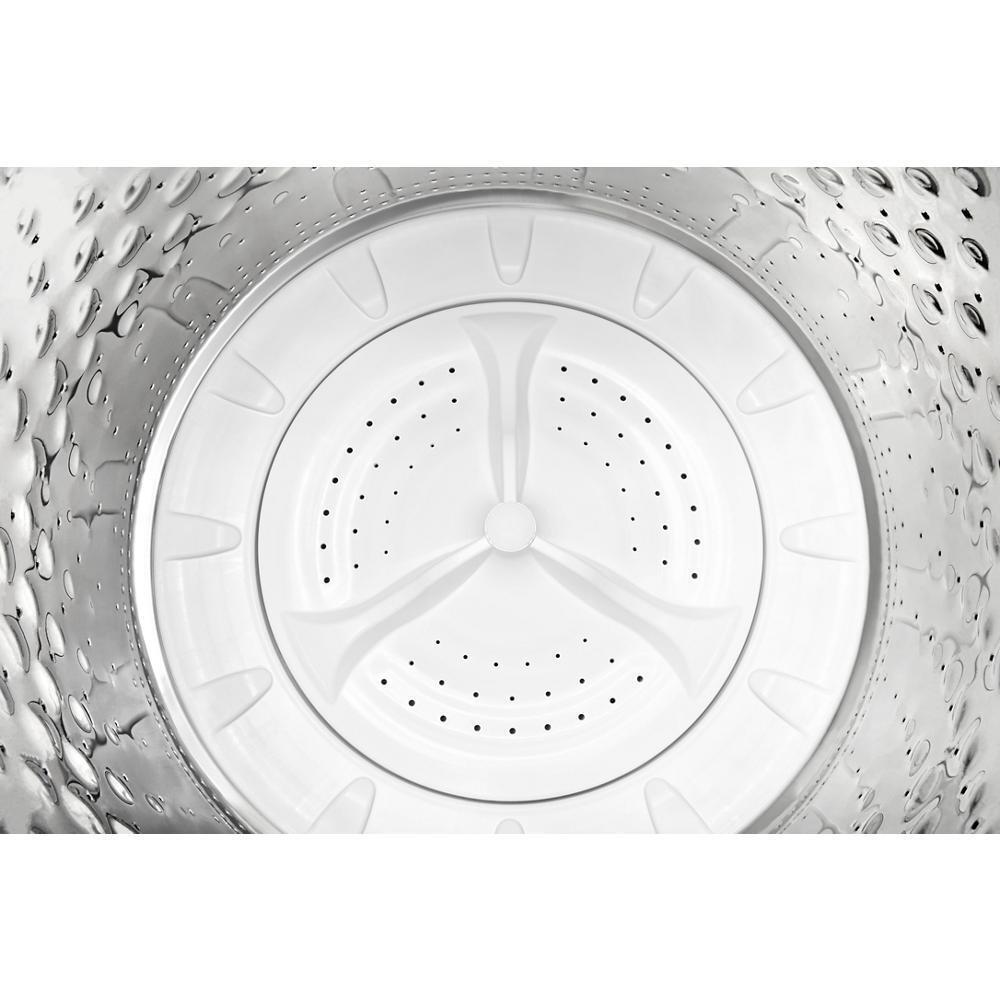What Is an Impeller Washing Machine?
An impeller washing machine is a modern appliance for cleaning clothes. It uses a low-profile cone or disc, called an impeller, to create a gentle motion. This movement causes water and detergent to flow through and clean clothes effectively. Impeller washers are often praised for their efficiency and large drum capacity. They are designed to handle a variety of fabrics, from sturdy clothes to delicate garments. These machines are popular in homes for their advanced features and user-friendly operation.
Key Features of Impeller Washers
Impeller washers are known for a few standout features:
- Low-Profile Design: The impeller’s design allows more space in the drum, enabling larger loads.
- Efficient Cleaning Mechanism: It creates a strong water flow to remove dirt effectively.
- Less Wear and Tear: The gentle action reduces stress on fabrics, preserving clothes longer.
- Advanced Controls: Many models include electronic settings for tailored wash cycles.
- Energy Efficient: They use less water and electricity, saving resources and lowering utility bills.
How Impellers Differ from Agitators
Impellers and agitators serve the same purpose but function differently. Agitators are tall spindles with fins in the center of the drum. They rotate forcefully to clean clothes, which can be harsh on fabrics. Impellers, in contrast, use a low-profile cone or disc to swirl water gently. This creates a more fabric-friendly washing process. Another difference is space. Impeller washers have no central agitator, allowing for larger loads and more even cleaning. As a result, impeller washers are preferred by those who prioritize capacity, fabric care, and efficiency.
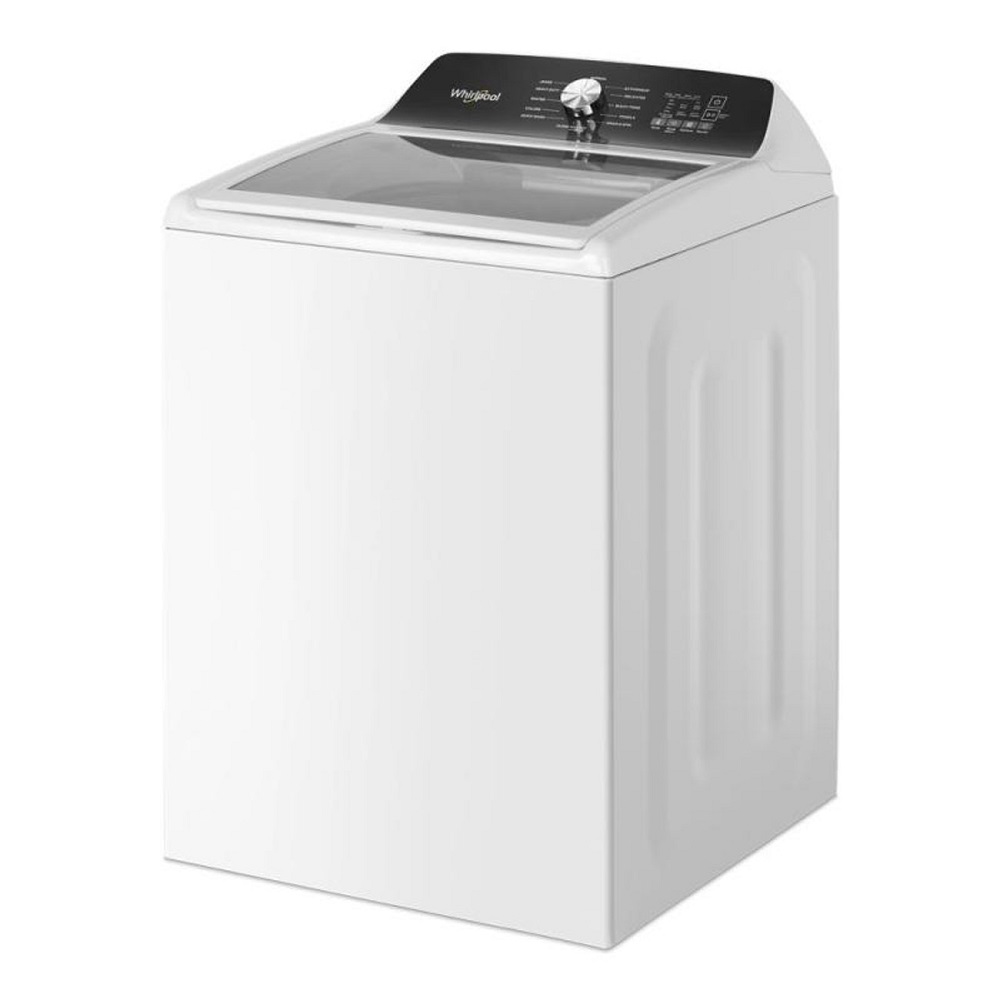
How Does an Impeller Washing Machine Work?
Impeller washing machines have advanced mechanisms for efficient cleaning. Their design prioritizes gentle fabric handling and strong cleaning capacity. Let’s explore how these machines work step by step.
The Role of the Low-Profile Cone or Disc
The low-profile cone or disc, called the impeller, is crucial for the washing machine’s function. Unlike agitators, the impeller is smaller and sits low in the drum. This design helps swirl water effectively. When the impeller rotates, it generates a rapid water motion. This movement lifts and circulates clothes evenly, ensuring thorough washing. The low-profile design also allows for larger drum space. More space means bigger loads can be washed at once. The result? Efficient cleaning with gentle fabric care.
Water and Motion Mechanics
Water and motion mechanics define how impeller washers clean clothes. The impeller directs water flow in circular patterns. As it spins, the water carries detergent through fabrics. This process removes dirt and stains without harsh friction. Clothes are gently pulled into the moving water for consistent cleaning. The absence of an agitator avoids twisting or tearing fabrics. Water levels and spinning speed are often controlled automatically. This ensures every wash cycle uses optimal settings for energy and cleaning. The combination of water flow and fabric-friendly motion makes impeller washers stand out.
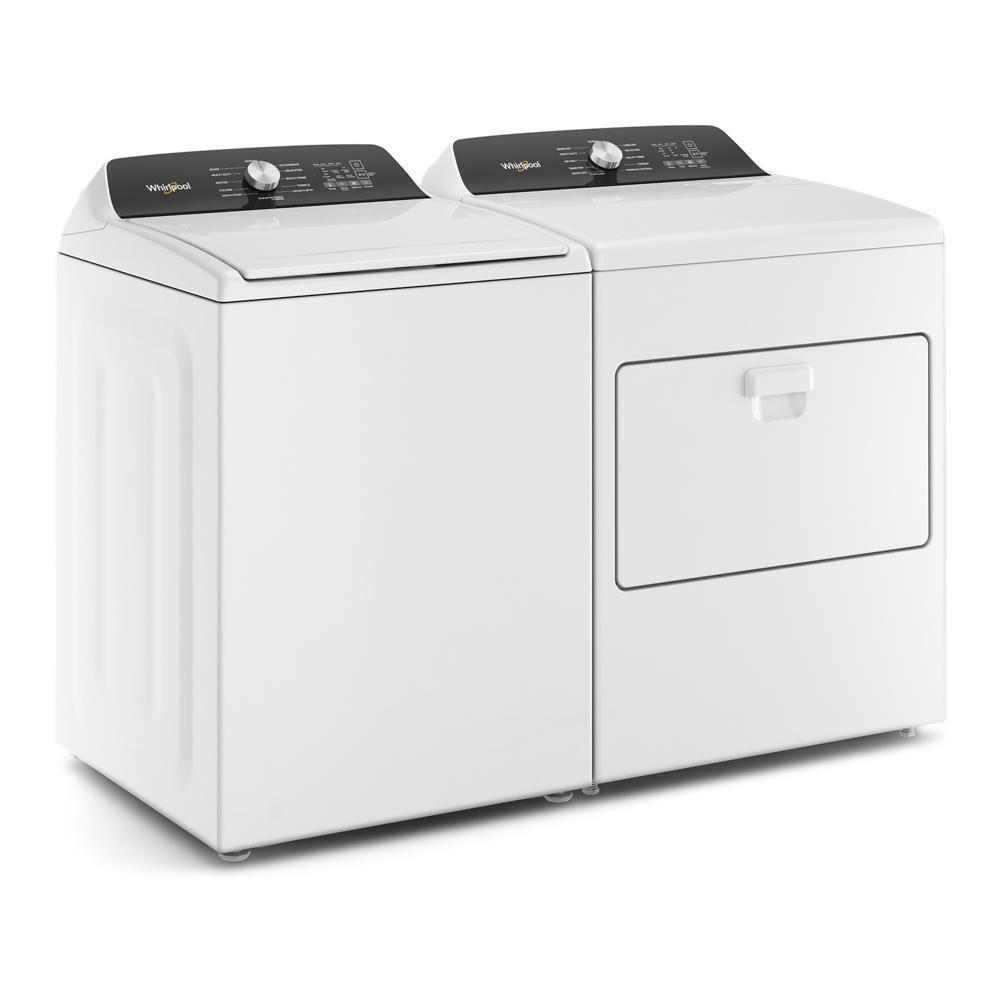
Benefits of Using an Impeller Washing
Impeller washing machines offer several advantages that make them highly desirable for modern households. These benefits cater to energy efficiency, fabric care, and the ability to handle large loads. Below are the key advantages of using an impeller washing machine:
Energy Efficiency and Water Usage
Impeller washing machines are designed to use less water and energy. They employ advanced technology to optimize cleaning with minimal resources. This reduces utility bills and helps conserve the environment. Unlike agitator washers, they rely on precise water levels and controlled spinning speeds. This ensures effective cleaning without wasting water or power. Over time, their efficiency can lead to significant savings in both energy and water consumption.
Gentle Cleaning for Delicate Fabrics
The gentle motion of impeller washers helps protect delicate fabrics from damage. Unlike traditional agitators, impellers reduce the risk of twisting and tearing clothes. The water flow surrounds fabrics evenly, ensuring a thorough clean without harsh friction. This feature is ideal for items like lingerie, silk garments, and baby clothes. With an impeller machine, you can trust that your fragile fabrics remain in excellent condition.
Higher Capacity for Larger Loads
Impeller washing machines have a spacious drum due to their low-profile design. This design eliminates the central agitator, allowing more room for clothes. You can wash larger loads at once, saving time and effort. It makes these washers suitable for families or households with heavy laundry demands. Additionally, the even water distribution ensures large loads are cleaned efficiently and thoroughly. Their capacity supports better productivity while maintaining superior fabric care.
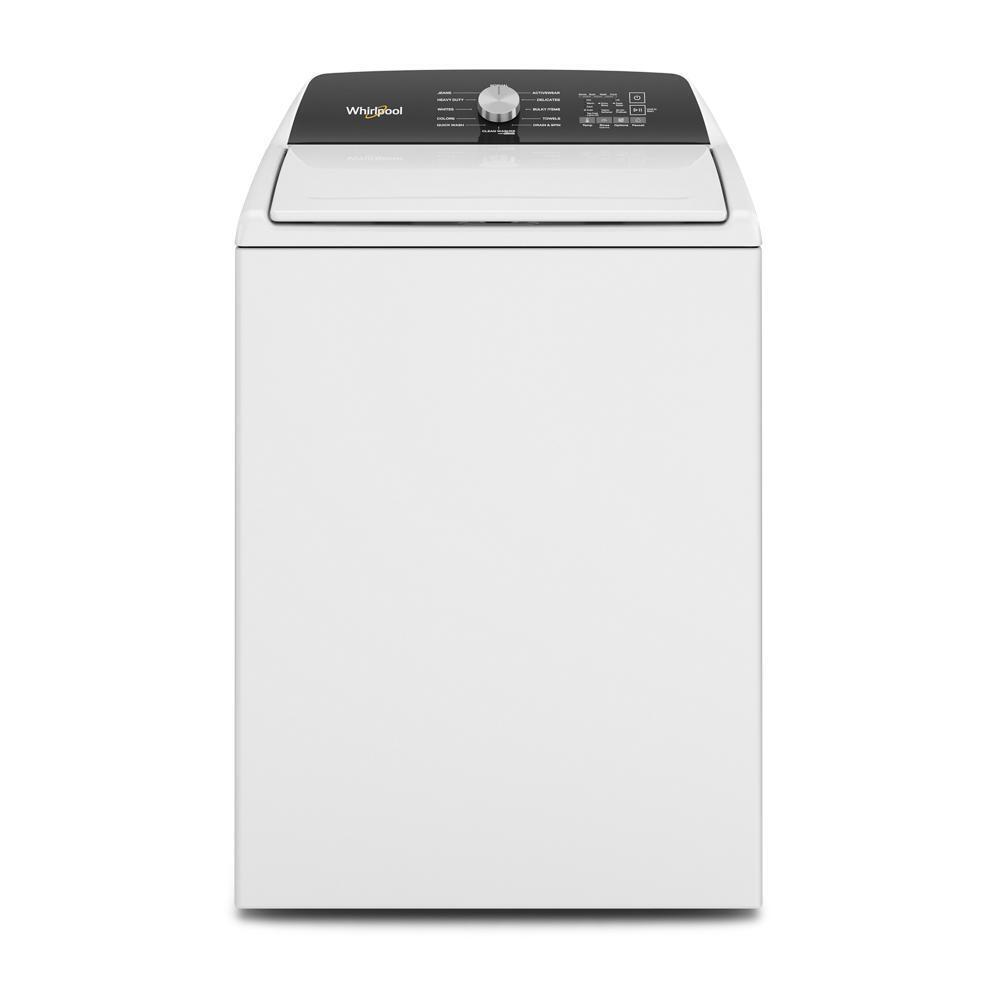
Common Features and Innovations in Impeller Washing
Impeller washing machines boast several features and innovations that enhance their functionality and convenience. These advancements make them stand out in the market and cater to diverse user needs. Below are some noteworthy aspects of impeller washers.
Advanced Wash Cycles and Settings
Modern impeller washing machines offer advanced wash cycles for tailored cleaning. They include:
- Pre-set Cycles: Options for delicate, heavy-duty, or quick wash programs.
- Custom Settings: Users can adjust water temperature, level, and spin speed.
- Smart Features: Some models connect to apps for remote control and monitoring.
- Automatic Sensors: Sensors detect load size and fabric type to optimize cleaning.
These advanced settings ensure efficient performance and save time. You get a cleaner wash and better care for your clothes. These features suit various fabrics and laundry needs, making every cycle effective.
Compact Design and Space-Saving Benefits
Impeller washers are designed with compact, space-efficient structures. Their benefits include:
- Low-Profile Impeller: Removes the need for a bulky agitator, freeing up drum space.
- Slim Frames: Models are made to fit smaller areas without compromising capacity.
- Stackable Options: Some can pair with dryers for vertical stacking.
- Portable Designs: Lightweight models are easy to move, ideal for apartments or smaller homes.
Their compact design ensures flexibility for placement in tight spaces. Despite their smaller structure, they are capable of handling large loads efficiently. These space-saving qualities attract families with limited laundry room space.
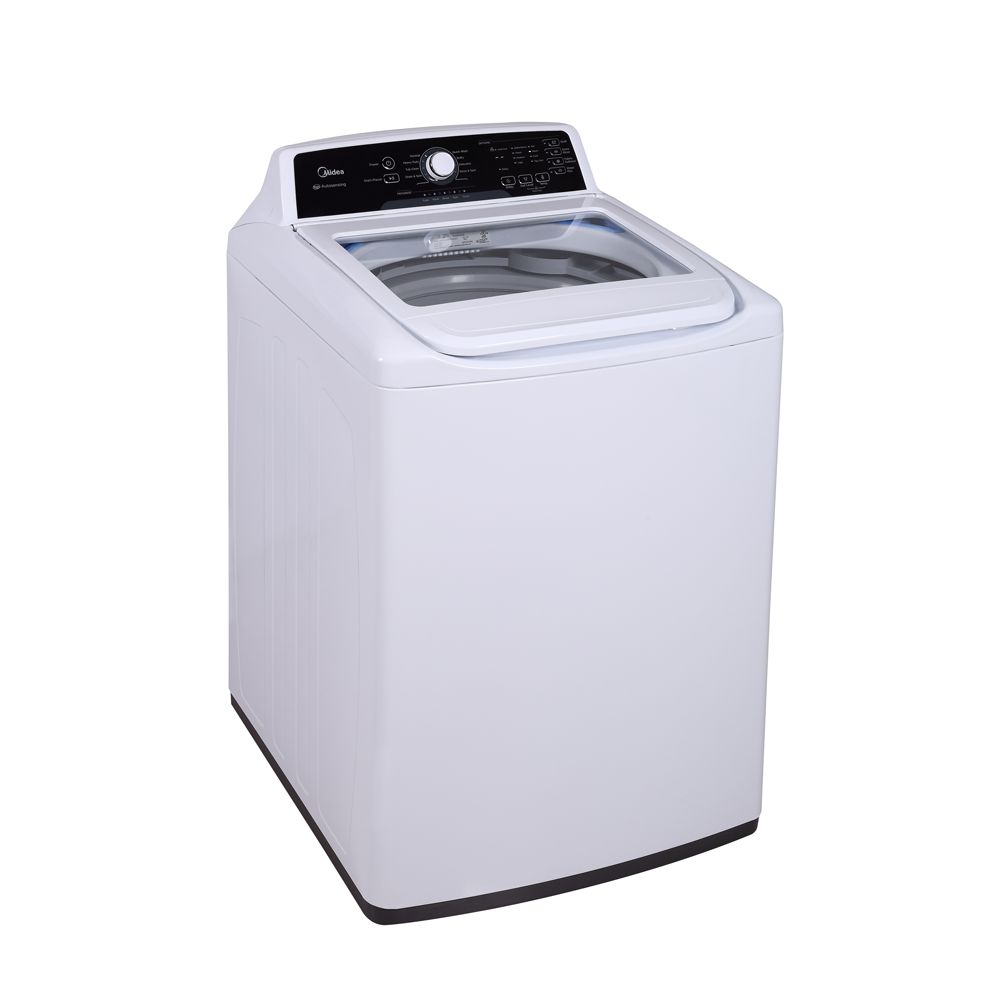
Comparing Impeller Washing to Agitator Models
When deciding between an impeller washing machine and an agitator model, understanding their differences is vital. These two designs offer unique approaches to cleaning clothes, each with its own advantages and drawbacks. Let’s explore their cleaning performance and the pros and cons of both types.
Differences in Cleaning Performance
The cleaning performance of impeller and agitator washing machines varies due to their mechanisms:
- Impeller Washing Machines:
- Use a low-profile cone or disc to create a water flow.
- Offer gentle cleaning suitable for delicate fabrics and large loads.
- Avoid twisting or tangling clothes.
- Agitator Washing Machines:
- Use a central spindle with fins to agitate clothes forcefully.
- Deliver quick and powerful cleaning, suitable for heavy stains.
- Can be harsh on delicate fabrics, causing wear and tear.
Impeller machines work best for long-term fabric care and eco-efficiency. Agitator models excel at tough stains but may lack fabric-friendliness.
Pros and Cons of Each Type
Both types of washers have distinct advantages and disadvantages:
- Impeller Washers:
- Pros:
- Larger drum capacity for bigger loads.
- Energy-efficient and use less water.
- Gentle on delicate garments.
- Cons:
- May need longer wash cycles for stubborn stains.
- Higher initial cost compared to agitator models.
- Pros:
- Agitator Washers:
- Pros:
- Provide efficient stain removal in less time.
- Often have a lower purchase price.
- Cons:
- Smaller drum capacity may limit load size.
- Can damage delicate clothes over time.
- Pros:
Your choice between these two models depends on your specific laundry needs. Consider factors like fabric type, laundry volume, and budget to make an informed decision.
Maintenance Tips for Impeller Washing Machines
Proper maintenance of your impeller washing machine ensures optimal performance and a longer lifespan. Follow these simple tips to keep your washer running smoothly and prevent common issues.
How to Keep Your Washer Running Efficiently
- Regularly Check for Loose Connections: Inspect hoses and power plugs to ensure everything is securely attached.
- Avoid Overloading the Drum: Stick to recommended load sizes to prevent strain on the impeller and motor.
- Select Correct Wash Settings: Always use appropriate wash cycles for fabric types and soil levels.
- Leave the Door Open After Use: Allow the drum to air-dry to prevent mold and bad odors.
- Inspect for Wear and Tear: Regularly check the impeller for cracks or wear that could impact cleaning efficiency.
- Clean the Filter Often: Ensure water drains properly by keeping the filter clean and free from debris.
- Use Quality Detergent: Avoid using too much or inappropriate detergent, which can cause soap build-up.
Cleaning and Descaling Recommendations
- Clean the Drum Regularly: Use a soft damp cloth or a drum-cleaning cycle to remove residue.
- Remove Soap Build-Up: Mix vinegar and water to wipe surfaces and dissolve detergent residue.
- Descale Every Few Months: Run a descaling cycle with specialized products or white vinegar to remove mineral deposits.
- Clean the Detergent Drawer: Take out the detergent drawer and rinse it thoroughly to prevent clogs.
- Wipe Down Exterior Parts: Use mild soap and a damp cloth to keep the washer’s outer surfaces looking new.
By following these maintenance tips, your impeller washing machine will deliver consistent and efficient cleaning for years to come.
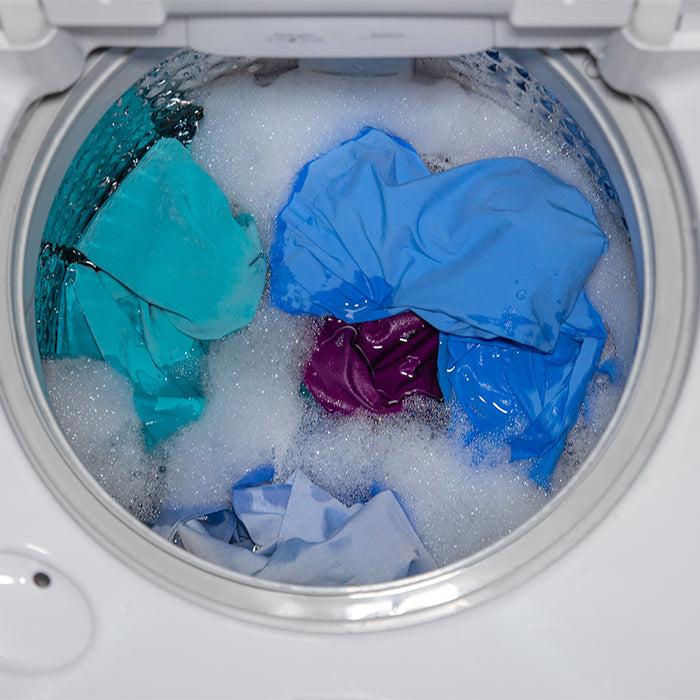
Choosing the Right Impeller Washing for Your Needs
Selecting the perfect impeller washing machine for your home is essential for efficient laundry care. To make an informed decision, consider the specifications and features that suit your needs. Additionally, review popular brands and models to ensure reliability and performance.
Key Specifications to Look For
When choosing an impeller washing machine, focus on these critical specifications:
- Drum Capacity: Look for models with larger drum space to handle bigger laundry loads efficiently.
- Energy Efficiency: Check for ENERGY STAR ratings to save water and electricity during each wash cycle.
- Wash Cycle Options: Ensure it includes diverse pre-set cycles for delicate fabrics, heavy-duty cleaning, and quick washes.
- Automatic Sensors: Select machines with load and fabric sensors for customized water levels and spin speeds.
- Noise Levels: Opt for models designed with quieter operation, especially for homes with shared spaces.
- Compact Design: Choose space-saving models if you have limited laundry room space.
These factors help match the machine to your laundry habits and environmental goals.
Popular Brands and Models
Some trusted brands offer exceptional impeller washing machines with advanced features:
- Whirlpool: Known for durability and efficiency, it provides a wide range of energy-saving models.
- LG: Offers machines with innovative technology, smart connectivity, and multiple wash settings.
- Samsung: Features compact, high-tech washers with excellent cleaning performance.
- Maytag: Focuses on reliability and robust washing mechanisms for heavy loads.
- GE Appliances: Provides versatile washers with customizable settings and sturdy builds.
Reviewing customer reviews and product ratings can also help you choose the best model. Ensure the selected machine aligns with your laundry needs, capacity requirements, and budget.
Troubleshooting Common Issues with Impeller Washers
Despite their efficiency, impeller washing machines may encounter occasional problems. Addressing these issues promptly ensures smooth operation and longer lifespan. Below are common troubleshooting steps for specific problems.
Resolving Noise or Vibration Problems
Excessive noise or vibration can occur due to improper washer placement or uneven loads. Follow these steps to resolve such issues:
- Check Placement: Ensure the machine stands on a level surface to avoid imbalances.
- Redistribute Clothes: Uneven load distribution can cause vibration. Reorganize the clothes to balance weight.
- Avoid Overloading: Excessive loads can strain the impeller, leading to more noise.
- Inspect Drum Movement: Make sure the drum isn’t blocked or damaged by foreign objects.
- Verify Stability: Tighten loose bolts or parts that contribute to vibrations.
- Seek Professional Help: If the noise persists, contact a technician for guidance.
Addressing Ineffective Cleaning or Drainage
Cleaning problems or improper drainage can undermine washing results. Here’s how to manage these issues effectively:
- Use Correct Detergent: Ensure the right type and amount of detergent for optimal cleaning.
- Clean the Filter: A clogged filter can limit water flow and impair cleaning and draining.
- Check Water Inlet: Inspect hoses for blockages that might reduce water supply.
- Run Maintenance Cycles: Use drum cleaning cycles to remove any detergent build-up or residues.
- Inspect Drain Hose: A kinked or blocked drain hose could prevent proper water discharge.
- Examine Impeller Function: Verify the impeller is free from obstructions or wear.
By addressing these common problems, your impeller washer will continue delivering efficient and reliable performance.

